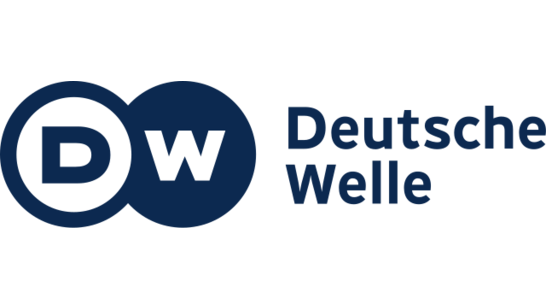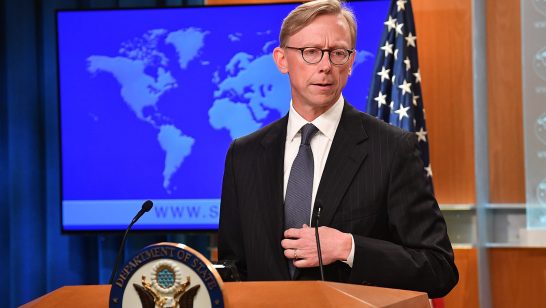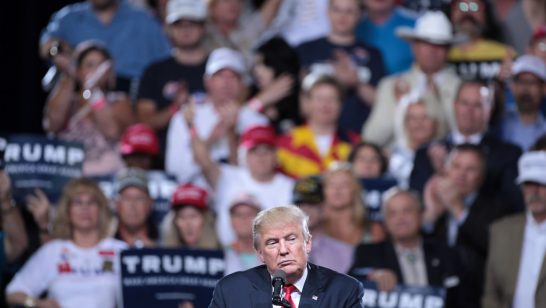Several speakers on the ELN global press call on Iran and JCPOA taking place on 22 February were quoted in a Foreign Policy article, which can be found here.
“I think the Biden administration missed an opportunity in the first week of its term to send a stronger, more concrete signal of its good faith intentions to return to JCPOA,” said Kelsey Davenport, director for nonproliferation policy at the Arms Control Association. “During the time it took for the Biden team to begin to be more proactive, positions hardened in Iran. I’m not surprised at the delay at this point. I think Iran expected swifter action. After all, because of Trump’s withdrawal, it’s the U.S. that is responsible for the crisis around the JCPOA.”
“There is no doubt that sanctions have limited Iran’s ability to fight the pandemic,” said Ali Vaez, the Iran project director at the International Crisis Group, who until recently worked closely with Biden’s Iran envoy, Robert Malley, the organization’s former president. Offering humanitarian aid “was morally and even politically completely defensible for the administration. The mistake is that their failure to take this confidence-building step has created a sense in Tehran that the Biden administration, in fact, wants to continue Trump’s maximum-pressure policy but with a smile.”
Germany, France, and Britain, the three European countries who are parties to the nuclear deal, have been pressing the Biden administration to do just that as a way to jump-start engagement, said Ellie Geranmayeh, deputy director for the Middle East and North Africa at the European Council on Foreign Relations—and a little bit more besides. “Europeans have also been clear that for Iran to reverse its nuclear activities, there will need to be some corresponding economic relief offered,” she said.



